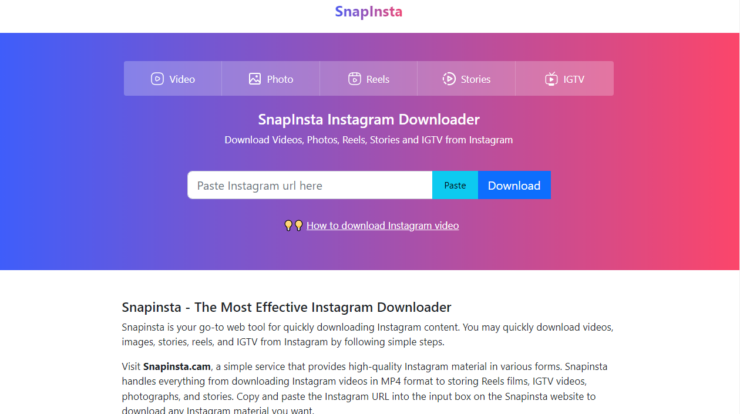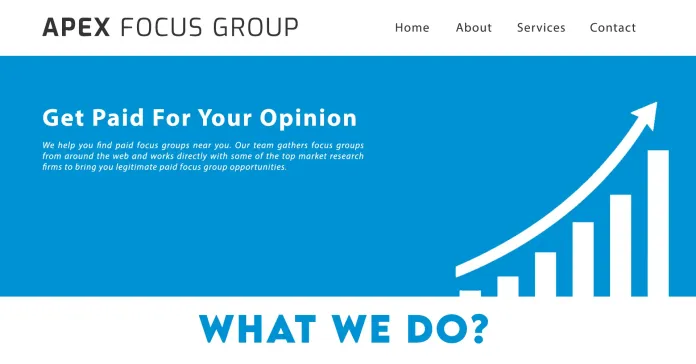
You can build an eCommerce business on many different types of marketplaces. In this article, we will discuss the most popular ones. Each marketplace, including AWS Marketplace, has its unique benefits and drawbacks, so it’s important to choose the one that is best suited for your business. Let’s get started!
Amazon
The first marketplace we will discuss is Amazon. Amazon is the largest online retailer globally and has a wide variety of products available for sale. To sell on Amazon, you must be approved by Amazon and comply with their selling policies. One of the benefits of using Amazon as your eCommerce platform is that they have a large customer base and are well-known for their customer service. However, there are some drawbacks to using Amazon. First, it can be difficult to stand out from the competition since so many sellers on Amazon. Second, fees can be high if you don’t meet certain sales volume thresholds.
Using The AWS Marketplace Within Amazon
If you want to use Amazon as your eCommerce marketplace, you can also consider using the AWS Marketplace. The AWS Marketplace is a digital catalog with thousands of software listings from independent software vendors that make it easy to find, test, buy, and deploy software that runs on Amazon Web Services (AWS). You can browse the AWS Marketplace for software by category, platform, or region.
Some of the benefits of using the AWS Marketplace include:
- Easy access to a wide variety of software that can be deployed on Amazon Web Services (AWS)
- Ability to quickly deploy and start using software with minimal up-front investment
- No long term commitments – you can pay for the software by the hour or month and cancel at any time
- You only pay for what you use – there are no minimum fees or up-front costs
eBay
eBay is another popular marketplace where you can build your eCommerce business. eBay is different from Amazon because it is a marketplace for both new and used items. This can be a benefit or a drawback, depending on what type of products you sell. Another difference between eBay and Amazon is that eBay allows sellers to set their prices, resulting in higher profits if done correctly. However, there are also some drawbacks to using eBay. First, it can be difficult to stand out from the competition since many sellers on eBay. Second, fees can be high if you don’t meet certain sales volume thresholds.
Etsy
If you are looking for a more niche marketplace to sell your products, you may want to consider Etsy. Etsy is a platform for handmade and vintage items. This can be a great opportunity to sell unique products that you wouldn’t be able to find on Amazon or eBay. Another benefit of using Etsy is less competition, so it can be easier to stand out from the crowd. However, there are also some drawbacks to using Etsy. First, fees can be high if you don’t meet certain sales volume thresholds. Second, it cannot be easy to market your products on Etsy since it is a more niche marketplace.
Shopify
Shopify is a popular eCommerce platform that allows sellers to create their online store. Shopify stores are hosted on Shopify’s servers, making it easy for sellers to get started without any technical experience. One of the benefits of using Shopify is that there are no transaction fees if you use Shopify Payments. However, there are some drawbacks to using Shopify. First, it can be more expensive than other eCommerce platforms since you have to pay for the monthly subscription fee and any additional apps or themes that you use. Second, it can be difficult to stand out from the competition since many Shopify stores.
BigCommerce
BigCommerce is another popular eCommerce platform that allows sellers to create their online store. BigCommerce is similar to Shopify in that it offers an easy-to-use platform and has no transaction fees if you use BigCommerce Payments. However, there are some differences between BigCommerce and Shopify. First, BigCommerce does not have a monthly subscription fee. Instead, it charges a flat fee for each transaction. Second, BigCommerce offers more built-in features than Shopify, so you may not need to use as many third-party apps. However, there are some drawbacks to using BigCommerce. First, it can be more expensive than other eCommerce platforms if you use many built-in features. Second, it can be difficult to stand out from the competition since many BigCommerce stores.
In conclusion, there are a variety of marketplaces that you can use to build your eCommerce business. Each marketplace has its benefits and drawbacks, so you will need to decide which one is right for you based on your needs. If you are looking for an easy-to-use platform with no transaction fees, Shopify or BigCommerce may be a good option for you. If you are looking for a more niche marketplace, Etsy may be a good option. However, if you are looking for the largest marketplace with the most potential customers, Amazon may be a better option for you.


